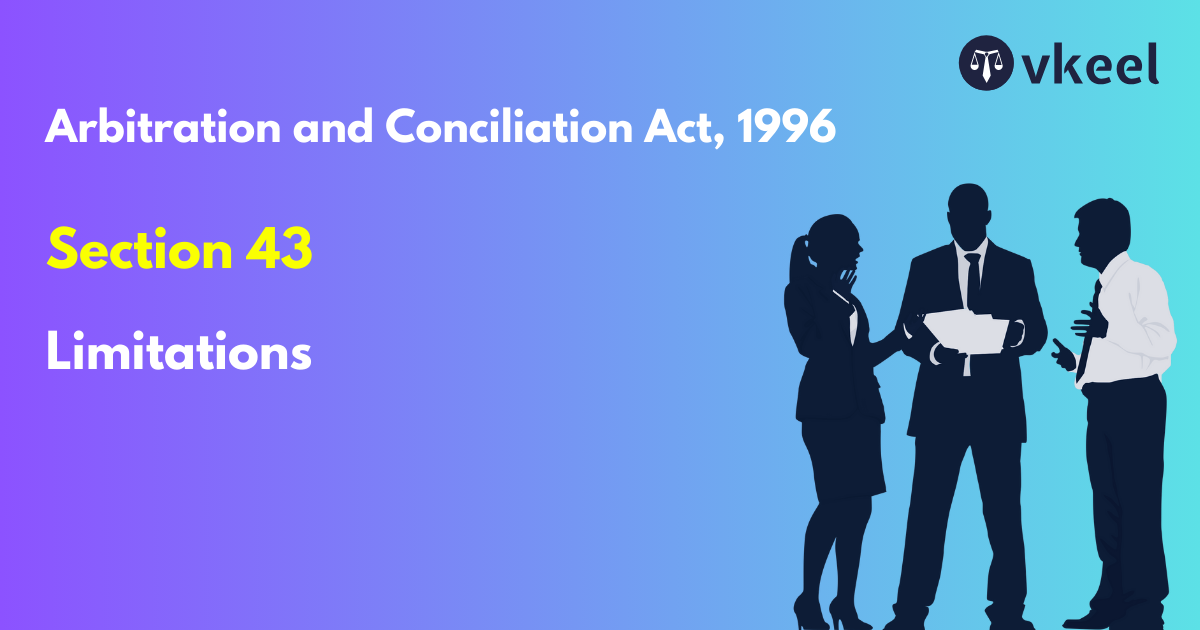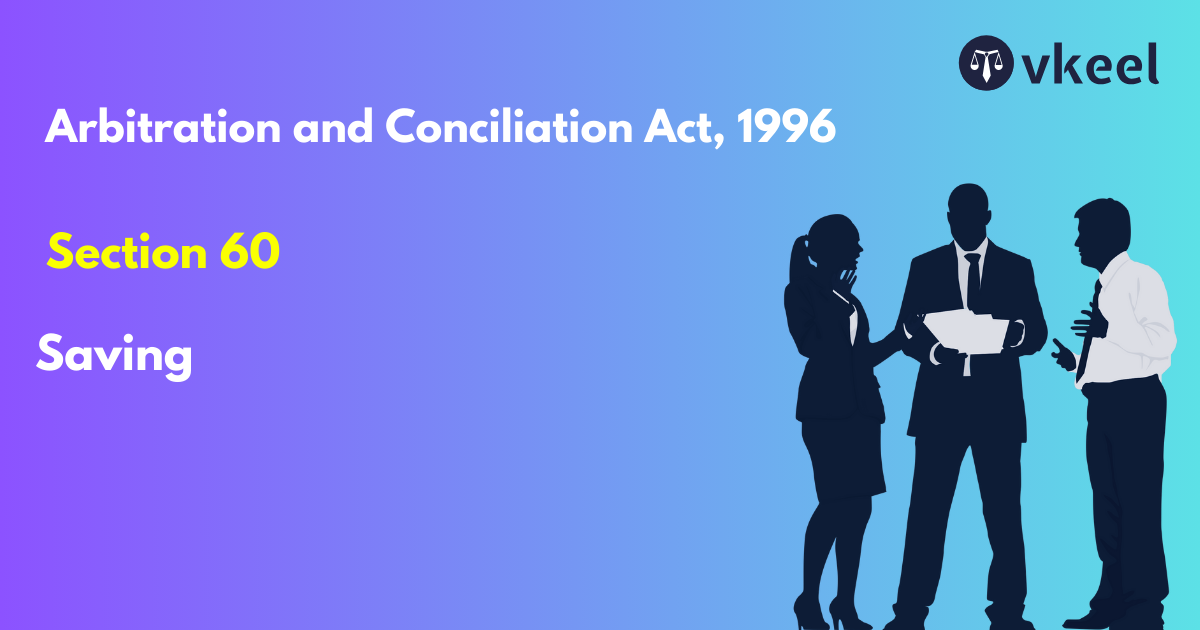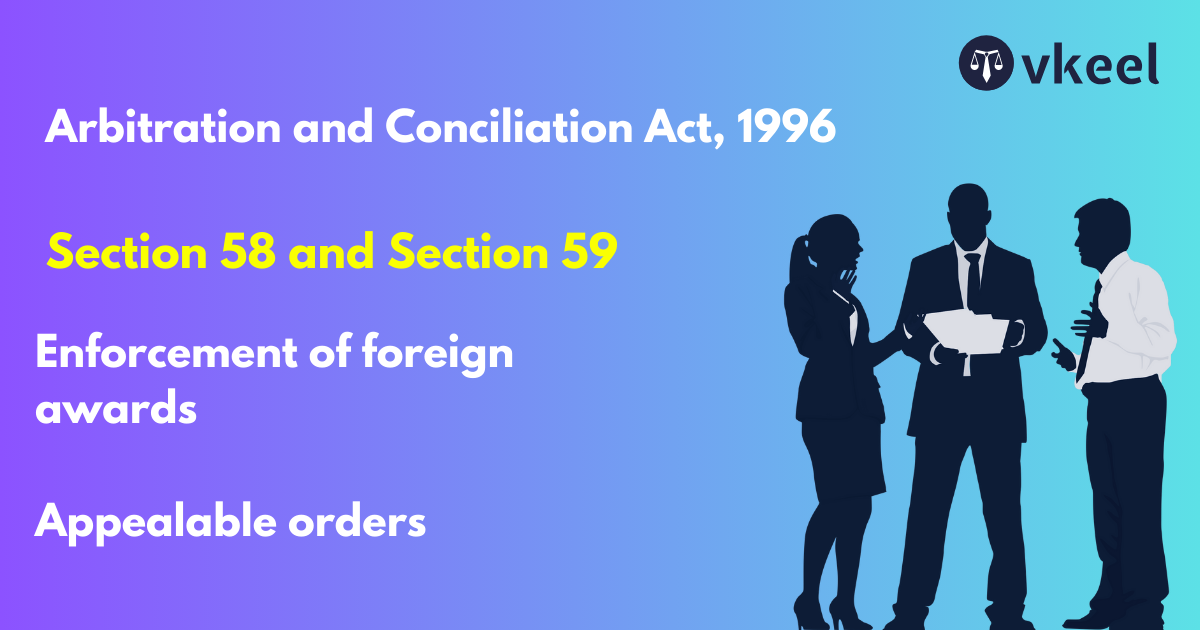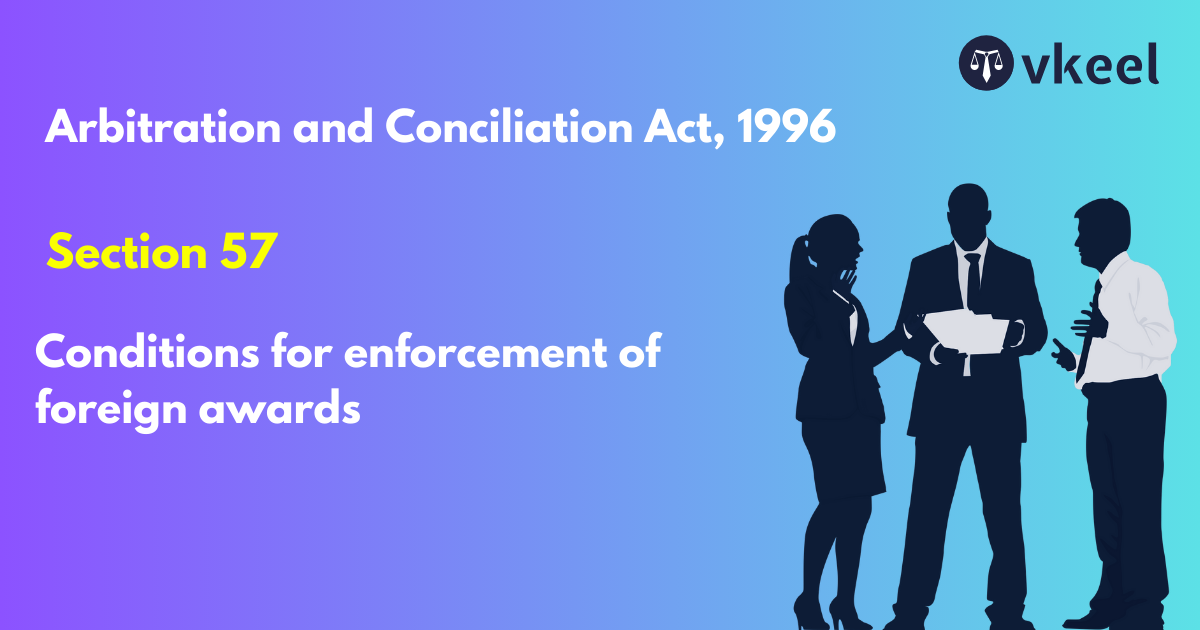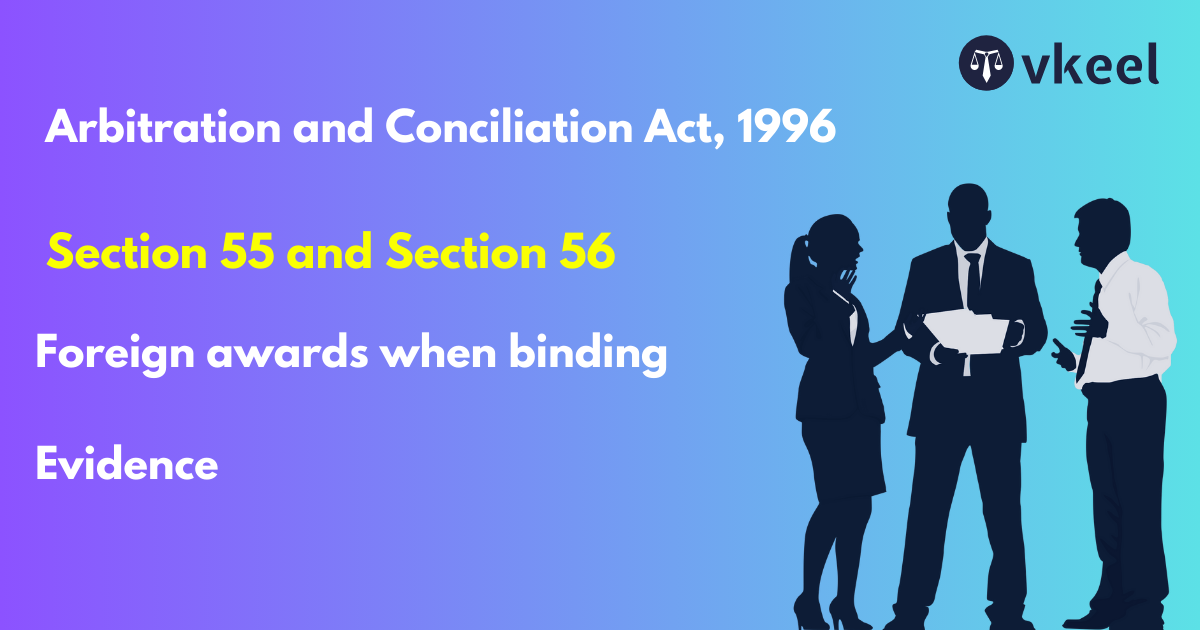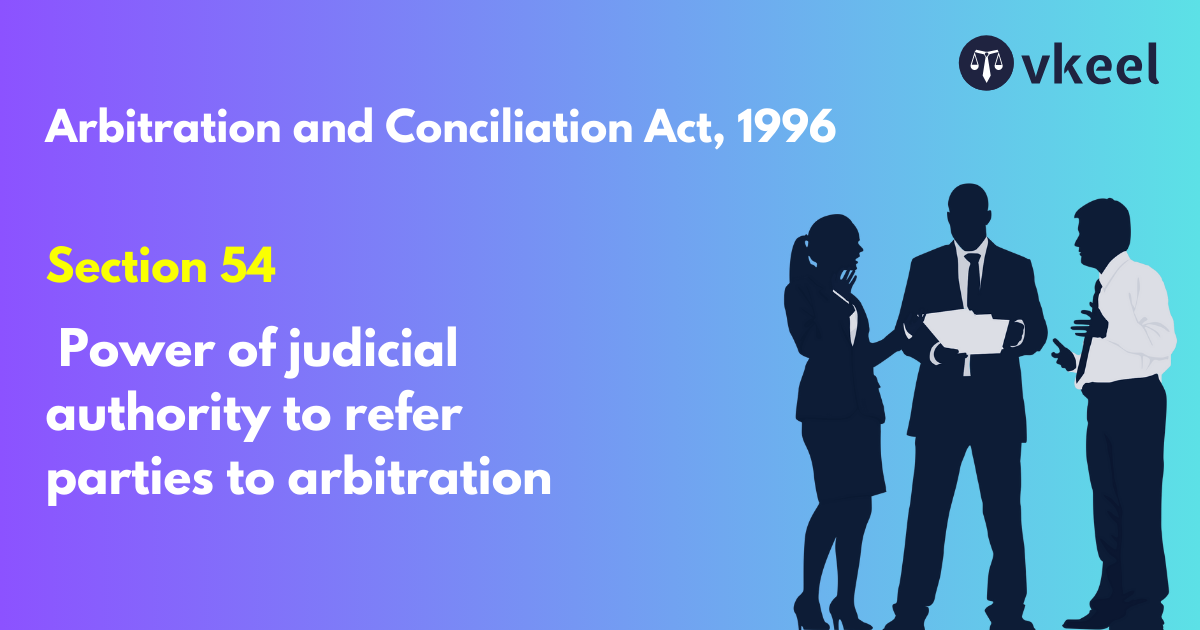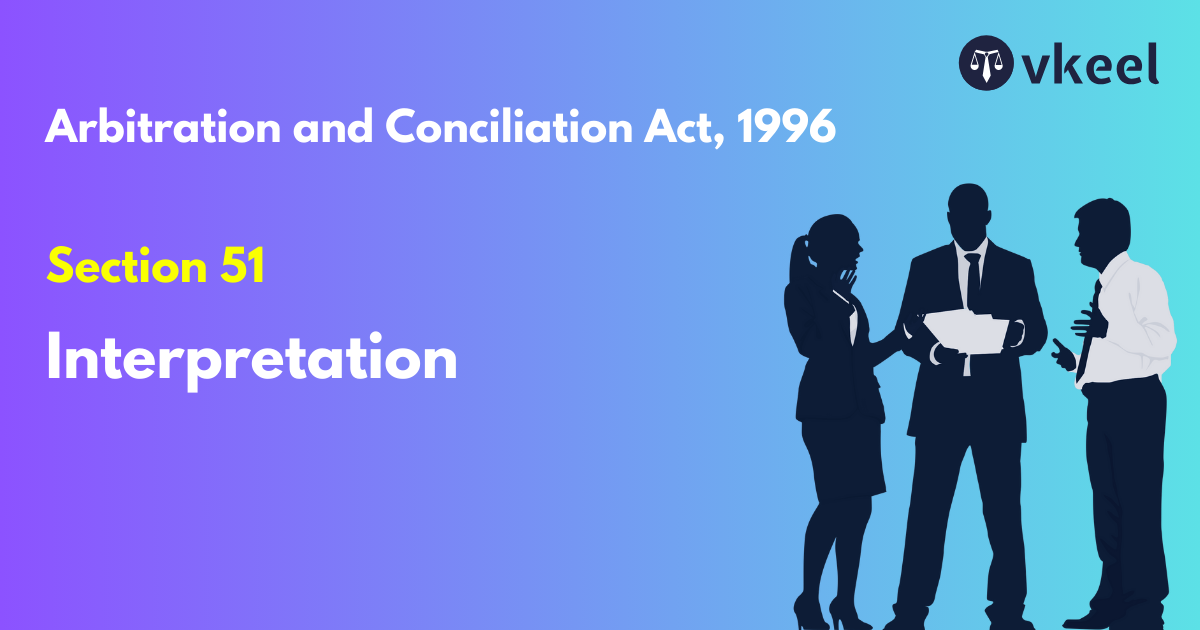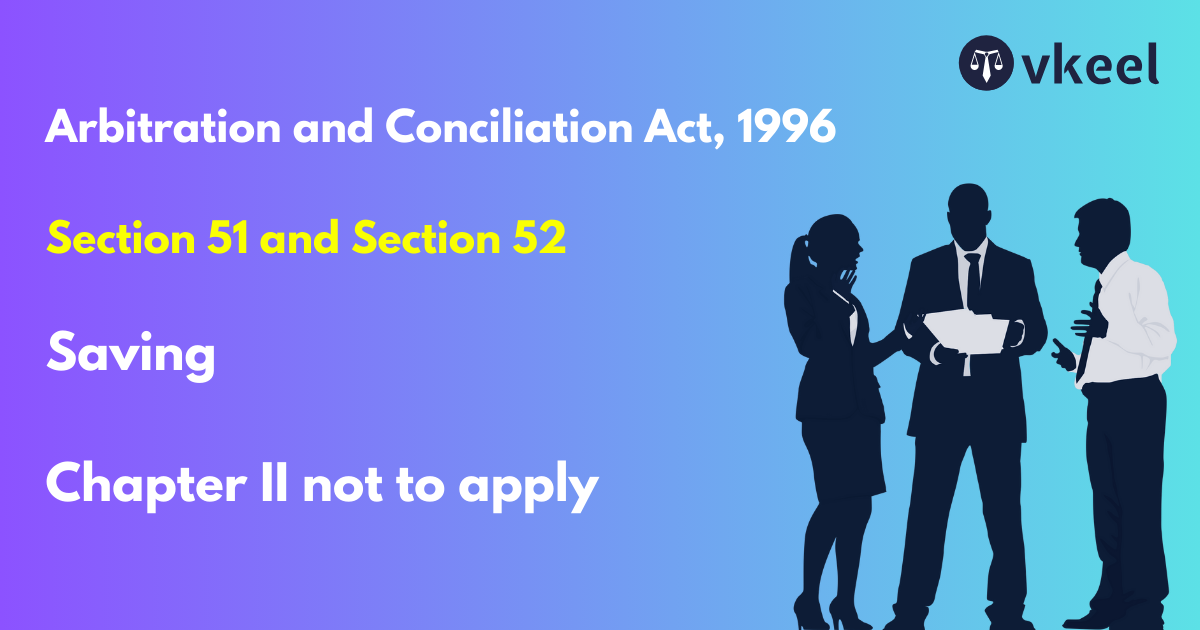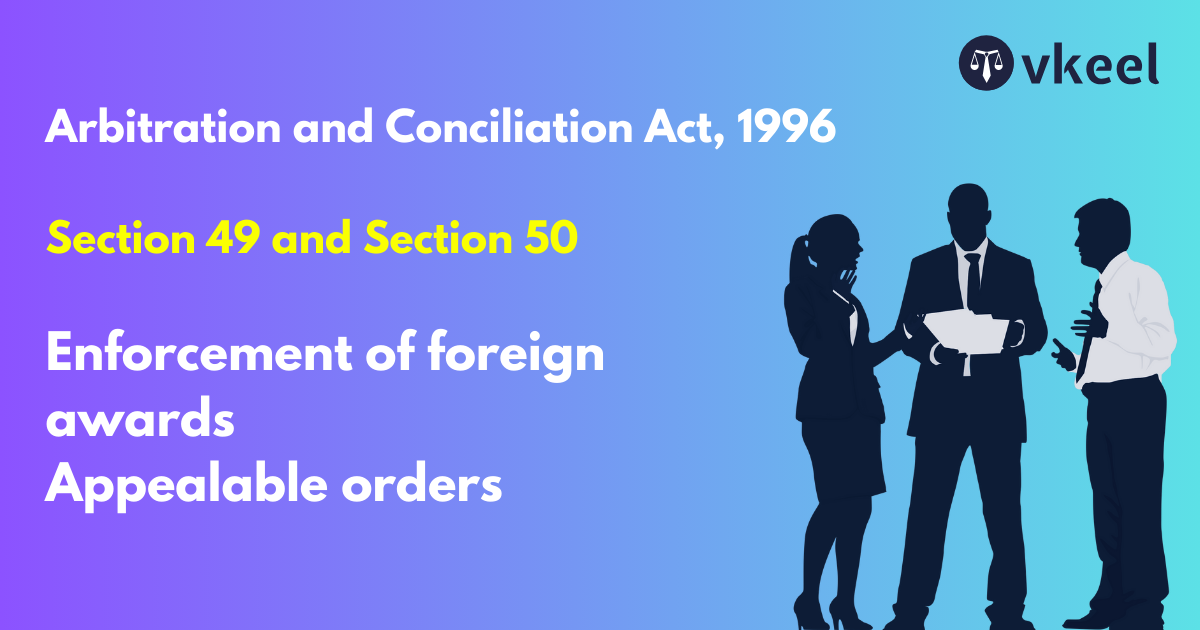Section: 43 Arbitration and Conciliation Act, 1996
By Nivedita Dhiman
Table of Contents
Introduction of Section 43
Section 43 of the arbitration and conciliation act allows the party to escape the rigors of the time bar clause. It allows the court to extend the time where just cause exists. The court can extend the time fixed by the arbitration agreement to give notice to appoint an arbitrator. This section provides the limitation act shall apply to arbitration as it applies to proceeding in court, and but for the express provision of this section, Limitation act would not have applied to arbitrations, as arbitrators are private tribunals and not courts.
Section 43 of arbitration and conciliation act
Limitations
(1) The Limitation Act, 1963 (36 of 1963), shall apply to arbitrations as it applies to proceedings in court.
(2) For the purposes of this section and the Limitation Act, 1963 (36 of 1963), an arbitration shall be deemed to have commenced on the date referred to in section 21.
(3) Where an arbitration agreement to submit future disputes to arbitration provides that any claim to which the agreement applies shall be barred unless some step to commence arbitral proceedings is taken within a time fixed by the agreement, and a dispute arises to which the agreement applies, the Court, if it is of opinion that in the circumstances of the case undue hardship would otherwise be caused, and notwithstanding that the time so fixed has expired, may on such terms, if any, as the justice of the case may require, extend the time for such period as it thinks proper.
(4) Where the Court orders that an arbitral award be set aside, the period between the commencement of the arbitration and the date of the order of the Court shall be excluded in computing the time prescribed by the Limitation Act, 1963 (36 of 1963), for the commencement of the proceedings (including arbitration) with respect to the dispute so submitted.
Landmark Judgements of Section 43
Panchu Gopal Bose vs Board of Trustees for port of Calcutta, 1993
The period of limitation for the commencement of an arbitration runs from the date on which, had there been no arbitration clause, the cause of action would have accrued. Just as in the case of civil actions the claim is not to be brought after the expiration of a certain number of years from the date on which the cause of action accrued, so in the case of arbitrations, the claim is not to be put forward after the expiration of the specified number of years from the date when the claim accrued.
Executive Engineer, Dhenkenal vs JC Budharaj, 1981
The limitation for a claim is judged by the point of time when the claim is instituted and not by the day when the arbitrator or court itself actually takes up the claim for disposal. Where the final measurements were taken many years after the completion of work and disputes arose on these, the claims could not be said to be barred by time.
Silicon Graphics Systems India Pvt Ltd vs Sterling & Wilson Electricals Pvt Ltd, 2018
A preliminary issue was raised before the tribunal concerning bar of limitation. Majority view was that limitation would commence from date of issue of final payment certificate and not from the date of completion of work. Held, a mere threat to deny a right is not enough for a cause of action to sue accruing with respect to a money claim, and till the amount intended to be withheld is intimated to the opposite party, it would not be possible to lay a claim for a specific sum of money due.
Maharaj Singh vs Vulcan Insurance Co Ltd, 1976
Where the company’s liability was to expire if dispute was not raised within 12 months of cause of action and the insured wrote a letter demanding arbitration within this time and, on the insurance company’s repudiation of the contract, approached the court after the period of 12 months, it was held that arbitration was deemed to have a commenced on the date of notice requiring the insurance company to appoint their arbitrator. Therefore, the claims were not time barred.
E Murlidharan vs Venkataraman and Co, 2009
The legislative intention is clear that an application for extension of time could be made even if the time stipulated in the agreement to refer the matter to arbitration was over, but the filing of the application should be before taking any step to commence arbitration and not thereafter. Hence no question of consideration of undue hardship would arise when an application was made after the commencement of the arbitral proceedings and that too in a case where arbitral award had been made.
Conclusion of Section 43
The above-mentioned section of arbitration and conciliation act applies to limitation and does not in anyway enlarge the law as to when the second reference is maintainable. Hence this section does not provide that every time an award is set aside there has to be a second reference.
Disclaimer:
The information provided in the article is for general informational purposes only, and is not intended to constitute legal advice or to be relied upon as a substitute for legal advice. Furthermore, any information contained in the article is not guaranteed to be current, complete or accurate. If you require legal advice or representation, you should contact an attorney or law firm directly. We are not responsible for any damages resulting from any reliance on the content of this website.

